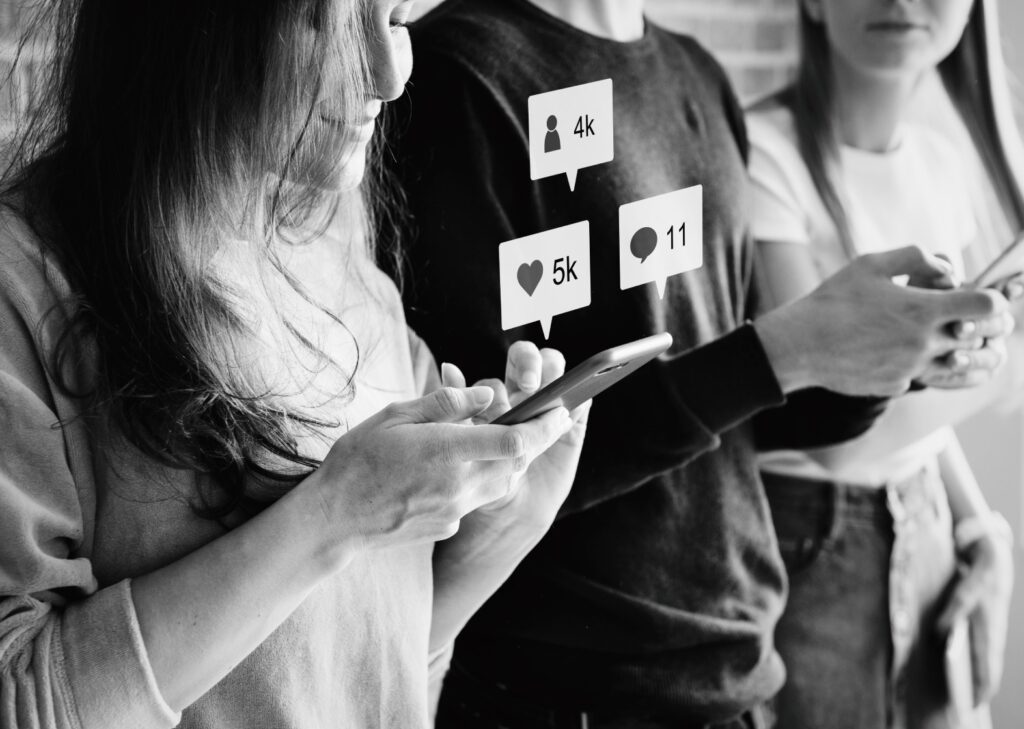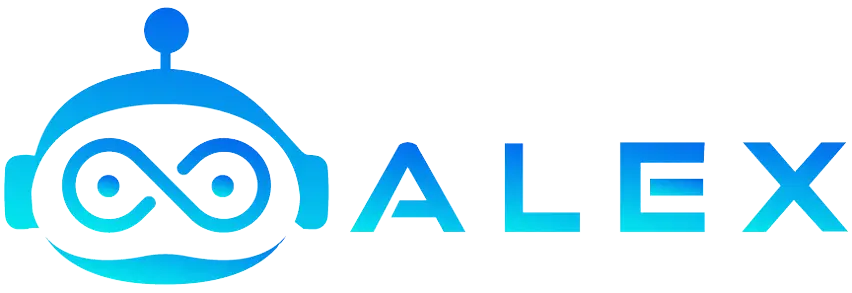In our digital era, young people can explore aspects of their personal development anonymously and privately online. Since digital connectivity has the potential to demystify certain taboo subjects and encourage free expression, it can present both risks and opportunities for youth curious about their changing bodies and thoughts. Some representations online can, unfortunately, negatively impact young people’s development and their perceptions of sexuality and their bodies, making it difficult for them to distinguish between what is false and what is true. But, the same digital medium, when used differently, can provide helpful and accurate support for users interested in sexual health-related topics.

In order to shed light on the multifaceted nature of digital mediums used by youth today, the ALEX project partnership has created a toolbox of 50 best practice sheets about various digital tools and phenomena for youth workers and educators to understand the new opportunities and risks that youth come across in the digital realm when seeking information about their Sexual and Reproductive Health (SRH).
The examples in our toolbox are various, including discussions about misinformation online, safe spaces for marginalized identities, Virtual Reality, internet addiction, the impact of influencers, grooming, online hate speech, doxxing and much more. Besides defining the purpose of these tools/trends, each best practice sheet also details how the examples can impact the sexual and reproductive health of youth, and how educators and parents can support teens interested in or already using these tools.
Read on to discover two digital phenomena that are especially relevant for youth navigating questions about their sexual well-being!
What are the risks and opportunities that can arise from youth using TikTok to learn about sexual health?TikTok, introduced in 2016, has established itself as an influential platform, especially among young people, thanks to its ability to revolutionise the sharing of short videos on musical themes. This app has quickly gained popularity, offering a space where the creativity and personal expression of young people can flourish freely. However, its impact on young people’s sexual and reproductive health (SRH) is twofold. On one hand, TikTok allows for the engaging dissemination of educational information on SRH. On the other hand, its algorithms and censorship policy can limit access to vital SRH information, negatively affecting understanding and access to this essential information. Faced with these challenges, it is crucial to promote responsible TikTok use, encouraging both the creation of accurate SRH content and a critical approach to the information consumed.

How does pornography impact youth interested in learning about their sexual health?
Online pornography, accessible despite age restrictions through superficial checks, poses risks for young people. Early exposure can alter the perception of healthy relationships and lead to unrealistic sex expectations, negatively affecting young people’s emotional and social development. Studies highlight potential consequences on mental health, self-esteem, and understanding of sexuality. Pornography consumption also influences gender role perceptions and can contribute to harmful behaviours towards women. Faced with the growing addiction to pornography, we’ve proposed various support strategies for young people, including dialogue with professionals and the use of age-appropriate educational resources.
If you’re interested in finding out more, check out our Toolbox of best practices yourself on our project website: https://alexbot.eu/materials/best-practices/
